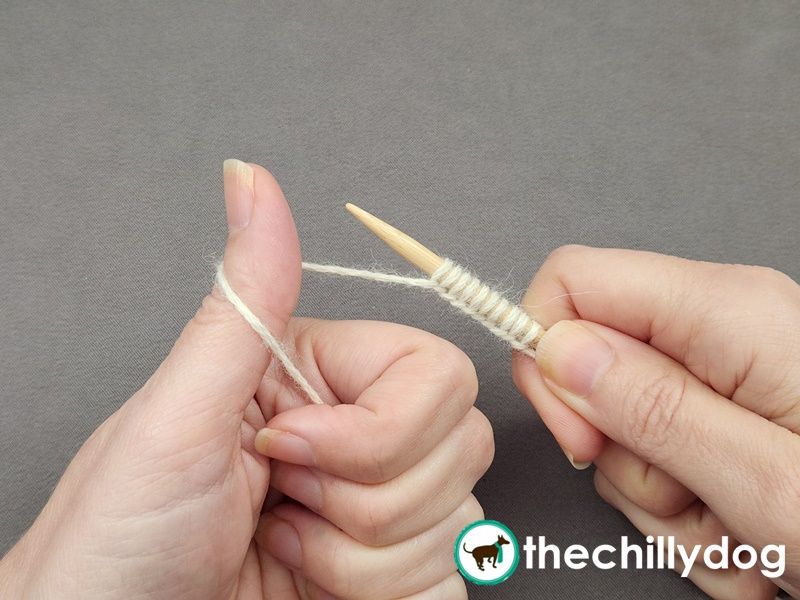Backward Loop Cast On

Even though the backward loop cast on is arguably one of the easiest ways to cast on stitches, I'll admit it's generally not one of my favorites. It can be difficult to maintain an even tension as you cast on stitches and the first row of knitting is rather fussy. Still, it has it's place and can be handy in many situations.
There's more to explore in the Learning Library!
